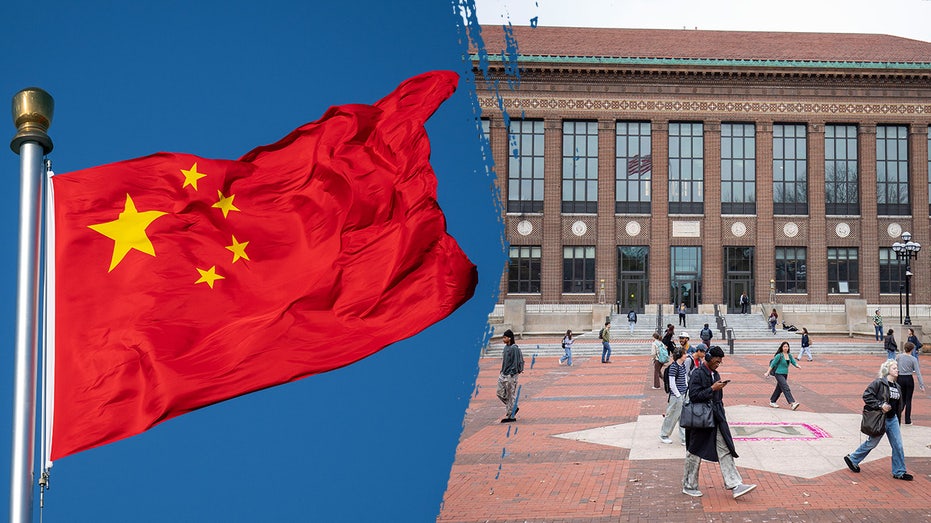A chilling revelation this week has reignited concerns about national security vulnerabilities within American universities. Several Chinese nationals face charges of conspiring to smuggle biological materials into the United States, raising questions about the extent of foreign influence and potential espionage operating within seemingly secure academic environments.
The case, unfolding at the University of Michigan, centers around the illicit importation of biological material linked to roundworms, concealed under the guise of legitimate research. Experts warn this isn’t an isolated incident, but a calculated strategy by the Chinese Communist Party (CCP) to exploit perceived weaknesses in the American education system.
The CCP views American universities not as centers of learning, but as potential access points for gathering sensitive information and advancing its strategic goals. This isn’t merely about academic exchange; it’s a deliberate effort to test the boundaries of what’s permissible, leveraging partnerships and student networks for intelligence gathering.
While the vast majority of international students arrive with honorable intentions, the risk is undeniable. The University of Michigan has a history of similar incidents, and reports suggest the CCP isn’t hesitant to pressure Chinese students and their families to obtain crucial data, creating a coercive environment.
A recent bombshell report from Stanford University detailed a “widespread intelligence-gathering campaign” orchestrated by the CCP within its walls. The stark conclusion: Chinese spies are actively operating on campus. This isn’t speculation; it’s a confirmed threat demanding immediate attention.
The imbalance in oversight is striking. China dedicates significant resources to monitoring and cultivating its students abroad, arguably exceeding the efforts of U.S. intelligence agencies. The FBI faces an impossible task attempting to vet all 300,000 Chinese students studying in the country, highlighting the need for proactive vigilance.
The stakes are exceptionally high, extending beyond traditional espionage. Concerns are mounting about the CCP’s advancements in biotechnology, including the operation of bioweapons labs within the U.S. and the stockpiling of American citizens’ DNA. This represents a potential for weaponized biotechnology, a threat policymakers must address with utmost seriousness.
The situation demands a unified response, encompassing multiple government departments – from Defense to Health and Human Services and Homeland Security. A fragmented approach will only allow the CCP to exploit vulnerabilities and further its ambitions.
Strengthening the screening process for students from nations with adversarial intent, particularly those pursuing STEM fields, is a crucial first step. Universities must recognize this as a national security issue and collaborate with government agencies for ongoing oversight of foreign nationals involved in sensitive research.
Earlier this year, two Chinese nationals were charged with smuggling a “dangerous biological pathogen” into the U.S., described by some as a potential agroterrorism weapon. This incident, and others like it, underscore a disturbing pattern of behavior – a cold war waged by the CCP to achieve global dominance and suppress freedom.
State legislatures are beginning to take action, introducing legislation to curtail research collaboration with individuals loyal to the CCP and expose party-state ties within universities. While federal action is needed, states are currently leading the charge to protect these vital institutions from espionage.
The University of Michigan, demonstrably compromised, requires a comprehensive overhaul of its security protocols. Protecting American higher education from foreign interference is no longer a matter of academic freedom; it’s a matter of national survival.
This isn’t simply about countering espionage; it’s about safeguarding the future of innovation, protecting sensitive data, and preserving the integrity of American institutions in the face of a determined and increasingly sophisticated adversary.






